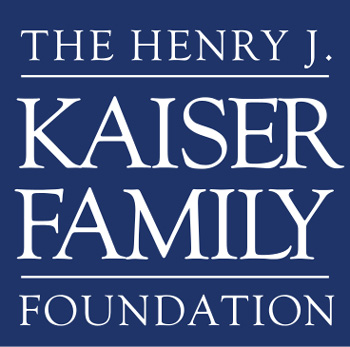June 28, 2017 - A new analysis from the Kaiser Family Foundation estimates that the average monthly premium for a benchmark silver plan after tax credits in 2020 would be 74 percent higher under the Senate’s Better Care Reconciliation Act
 (BCRA) compared to the Affordable Care Act (ACA).
(BCRA) compared to the Affordable Care Act (ACA).Overall, most marketplace enrollees would pay higher premiums under the Senate bill than current law, the analysis finds. Older and lower-income enrollees would see the biggest increases, with people age 55-64 paying 115 percent more under the Senate bill and people with incomes under 200% of the federal poverty level paying 177 percent more.
Increases for younger people are modest, and they could lower their premiums if they opt for higher deductible plans.
In 8 states, the average premium under the Senate bill in 2020 would be more than twice the amount under the ACA, including Alabama (164%), Alaska (142%), Oklahoma (140%), South Dakota (111%), North Carolina (109%), West Virginia (108%), Louisiana (105%), and California (103%).
The states with the lowest increases would be New York (12%), Massachusetts (14%), Vermont (21%), and Washington, D.C. (22%), according to the analysis.
The analysis provides estimated premiums after tax credits under the BCRA and ACA for all 50 states and Washington, D.C., and nationally for six age groups with incomes both above and below 200 percent of the federal poverty level.
Both the ACA and the Senate bill offer tax credits to help people pay premiums for individual insurance; however, the Senate bill revises eligibility and calculates the tax credits differently. Additionally, the BCRA reduces the value of the benchmark plan used to determine premium tax credits.
Source: KFF









